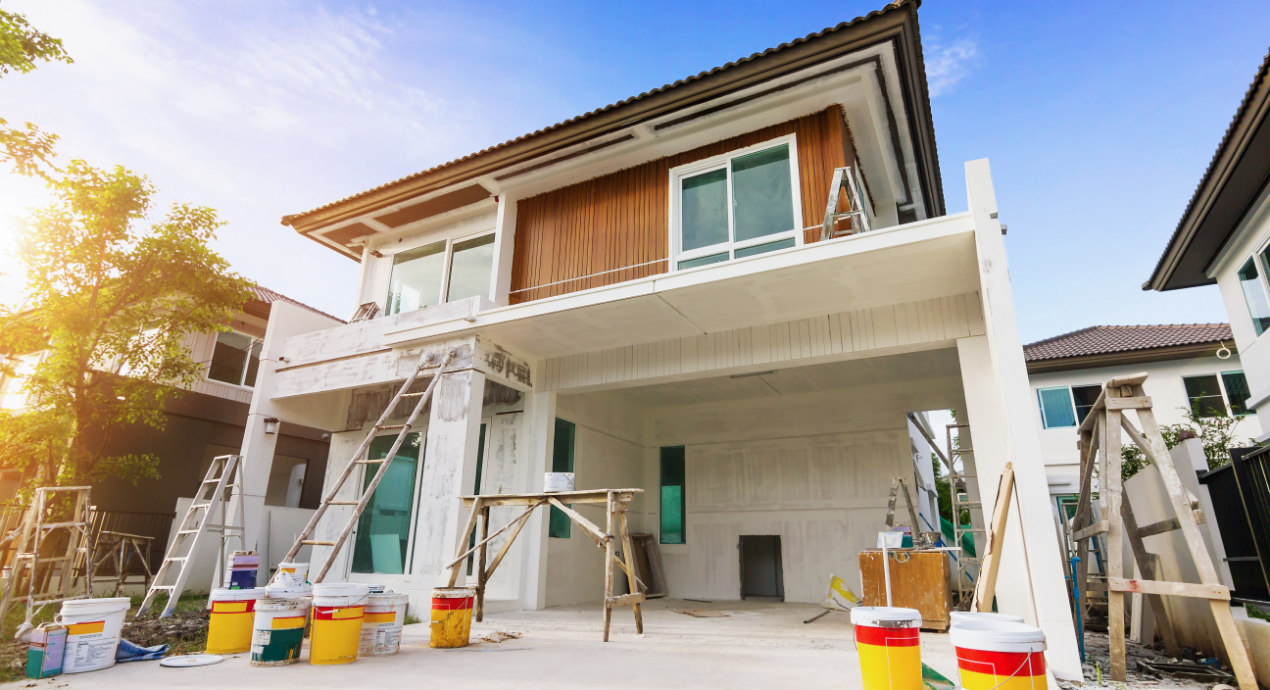
Contemplating coverage?
Subscribe to receive our emails & get
$200 off!
Have questions?
Call us: (833) 544-8273


Written By Clint Bird
Purchasing a new home is an exciting milestone in one’s life, but it also comes with significant financial investment and responsibility. As a new home buyer, it’s crucial to understand the importance of a structural home warranty. While most builders offer a standard warranty, commonly known as a builder’s warranty, many buyers may not fully comprehend its significance. In this post, we will delve into the key aspects of a structural policy, its benefits, and why it should be a priority consideration for anyone buying a new home.
A home warranty with a structural coverage, also known as a builder’s warranty, is a contract provided by the builder or developer of a new home. It outlines the coverage and duration of protection for various structural components of the property. This warranty typically covers defects in materials and workmanship that may arise during the construction process, ensuring that the home meets specific quality standards.
You can think of a builder warranty for new homes as a kind of guarantee. The contracted builders are standing by their work, recognizing that they have a responsibility to repair or replace some critical home element or equipment should it fail in a unreasonable amount of time.
When it comes to a home warranty, structural coverage is especially important. Repairing things like foundations, framing, roofs, and other structural components can be incredibly expensive—often times much more expensive than replacing a dishwasher or microwave, as other home warranties are designed to do. Here are some of the most important benefits to keep in mind.
It’s essential for new home buyers to thoroughly understand the specific details and limitations of their warranty. Here are some key points to consider:
While a builder’s warranty provides valuable coverage, it’s still essential to conduct a thorough home inspection before finalizing the purchase of a new home. Hiring a professional and independent home inspector can help identify any potential issues that may not be covered by the warranty. They will assess the overall condition of the property, including plumbing, electrical systems, HVAC, and other components.
During the inspection, the home inspector will provide a detailed report, highlighting any areas of concern. This information allows the homebuyer to address these issues with the builder before the warranty period expires. It’s important to communicate openly with the builder and ensure that all identified issues are appropriately resolved.
As a buyer of a newly built home, understanding the importance of a builder’s warranty can help you protect your investment and ensure a worry-free homeownership experience. A warranty provides peace of mind, financial protection, and increased resale value. By familiarizing yourself with the warranty coverage, exclusions, and the claim process, you can navigate the warranty effectively.
But what happens when the warranty eventually and inevitably expires? You can consider extended coverage through a third-party provider. Liberty Home Guard can offer wide-ranging home protections, are our plans commonly go beyond the scope of what builder’s warranties covers. For instance, while we cover plumbing, electrical, and HVAC equipment, we also protect kitchen and laundry appliances, home electronics, plumbing fixtures, and much more. We even support a variety of home maintenance services, from gutter and carpet cleaning to pest control and rekeying.
Find the warranty that suits your needs and budget and extends the meaningful protection on your home. Call our team at (866)-432-1283 or use our website to get a free quote in minutes.
Stay Ahead of Potential
Home Mishaps!
Subscribe to our Liberty Home Guard Newsletter and gain access to exclusive content that ensures your peace of mind.